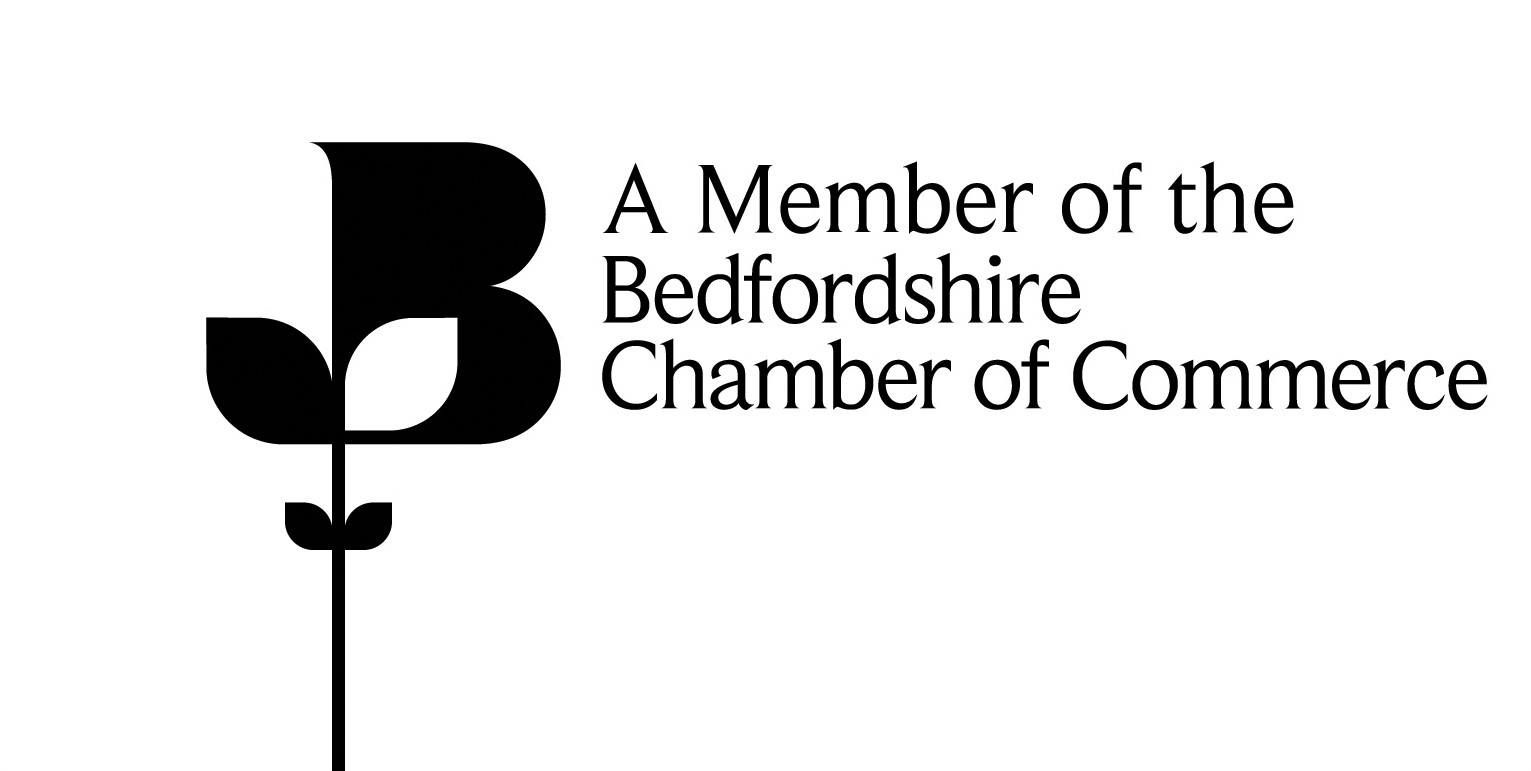Today, Jeremy Hunt delivered his 2024 Spring budget, stating that the UK economy has dealt with the financial crisis, the pandemic and energy crisis caused by war in Europe. He acknowledged that interest rates “remain high as we bring down inflation” but added “We can now help families not just with cost-of-living support but with permanent cuts in taxation.” Hunt called his budget, a “budget for long term growth”.
But how does it help business owners like you?
Income Tax & National Insurance
Today’s worst kept secret was the Chancellor’s announcement that National Insurance contributions (NI) were once again to be cut. Following an original cut in late 2023 from 12% to 10%, from April 2024 the rate of Class 1 NI paid by employees will fall further to 8%. This will put an average of £450 per annum back in an employees pocket where they earn £35,000 per annum.
For Limited Company directors already taking tax efficient salaries below the NI threshold this measure is not such good news as it will have little or no effect on take home pay.
Sole traders are luckier. The rate at which Class 4 NI on profits will be paid falls in April to 6% from the 8% announced last autumn. Class 2 NI contributions for the self-employed have been abolished form April 2024 as previously announced. This should the average sole trader around £350 better off.
Income tax rates and thresholds remain unchanged from those previously announced with basic rate tax remaining at 20%, higher rate at 40% and the additional rate at 45%.
The personal allowance, the level of income you can earn before tax has to be paid, remains at £12,570 for the 2024/25 tax year.
If your income is in excess of £100,000 per annum your personal allowance starts to be restricted by £1 for every £2 you earn over that amount. This means for income levels above £125,140 no personal allowance is available.
VAT
The VAT registration threshold, at which point a business must register for VAT , is increasing from £85,000 to £90,000 from 1 April 2024. This small increase in the VAT threshold will marginally delay VAT registration for some small businesses.
The de-registration threshold for VAT moves from £83,000 to £88,000.
Corporation Tax
Disappointingly no changes to Corporation tax were announced in the spring budget. Corporation continues to be applied at two rates depending on business profits.
The small company’s rate of Corporation tax applies to profits under £50,000 in any year and is charged at a rate of 19%.
The main rate of Corporation tax is 25% and applies to Company profits more than £250,000. For companies with profits between the two thresholds, marginal relief is applied. The effective rate of tax between these two thresholds is 26.5%
Careful tax planning is required where profits are at or around these levels.
High Income Child Benefit Charge
Currently where one earner in a household earns more than £50,000 per annum, the Child Benefit allowance is reduced on a tapered scale until it becomes zero where salary is £60,000.
This system has been inherently unfair for several years, since a couple both earning £49,000 are still entitled to the full benefit, whereas a household with only one earner on £60,000 is not.
The government have at last recognised this unfairness and are consulting on how the charge can be applied to household income, but this will not happen until 2026.
In the meanwhile, the government will increase the earnings threshold to £60,000 from April 2024. The rate at which the charge is made will also be halved so that Child Benefit is not fully withdrawn until individuals earn £80,000 or higher.
Capital Gains Tax
Depending on the nature of the asset being sold, different Capital Gains Tax rates apply.
Where individuals sell assets (other than residential properties) the Capital Gains Tax rates remain 10% for a basic rate taxpayer and 20% for a higher rate tax payer.
Capital Gains Tax rates on the sale of residential properties are currently 28% for higher rate taxpayers and 18% for basic rate. Today’s budget sees these rates reduce from April 2024 to 24% for higher rate taxpayers. The 18% remains for basic rate.
The Annual Capital Gains tax free allowance is being cut to £3,000 per person from 6 April 2024 as previously announced. If you are making any sales of capital assets, timing is imperative as the tax-free allowance is currently £6,000.
Furnished Holiday Lets
Currently Furnished Holiday Lets are treated as a trade and business, meaning capital allowances and other expenses can be claimed.
From April 2025 the Government intend to abolish the Furnished Holiday Let tax regime, eliminating the tax advantage for landlords who let short-term furnished holiday properties over those who let residential properties to longer-term tenants.
We are awaiting further information to determine exactly how this will work.
Whilst billed as a tax cutting budget for long term growth, there isn’t an awful lot to shout about if you are a small business owner. Not sure how this will affect you and your business, please arrange a chat, we would be happy to help. Contact us at letschat@bean-sprout.co.uk
Related News
As a business owner, it’s easy to fall into the trap of treating your company’s funds as if they were [...]
As a small business owner, you wear many hats including managing your finances. But did you know that within your [...]
In today’s digital age, cybersecurity is a critical concern for businesses of all sizes. Our guest blogger, Alan Burgess from [...]








